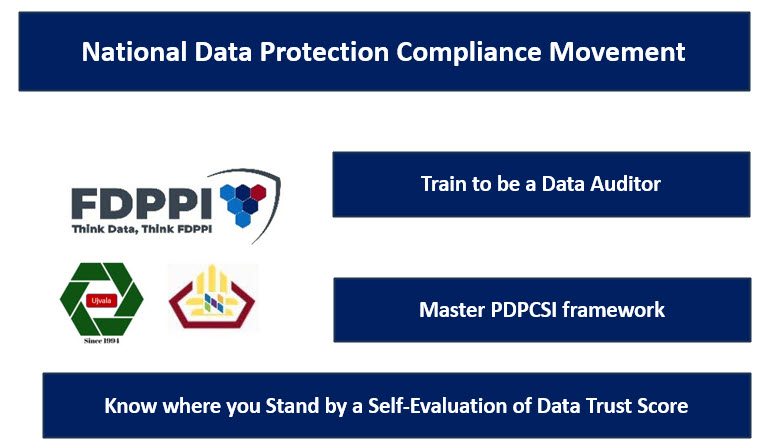In what could be considered as a major overhaul of the Indian Legal system, the Government has released draft revised bills to replace IPC, CrPc and IEA.
The new versions will be as follows:
Indian Penal Code : The Bharatiya Nyaaya Sanhita 2023
Criminal Procedure Code: Bharatiya Nagarik suraksha Sanhita, 2023
Indian Evidence Act: The Bharatiya Sakshya Bill 2023
We were getting ready for the new DPDP 2023 along with Digital India Act and the Telecom Bill. Now it would be a huge challenge to the legal industry as well as the Judiciary to adopt to the new laws.
Probably the senior judges would say…Oh… we cannot go back to colleges once again…. . Opposition may say this is a conspiracy to weaken our judiciary.
Naavi.org however is happy at the initiative. The archaic British time laws needed change. At present we have not studied the changes and in the tsunami of things that we need to address because of DPDPA 2023, it could take some time for us to start studying these laws.
It is however exciting times ahead as the young lawyers will feel they are now ready to compete with the senior lawyers in terms of knowledge. The precedence based jurisprudence may find an end and lawyers and judges need to scratch their brains to find solutions to disputes.
Naavi









